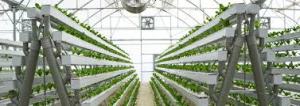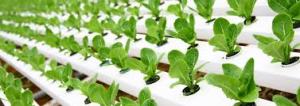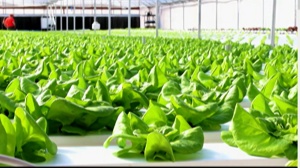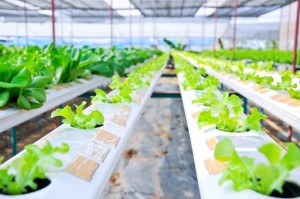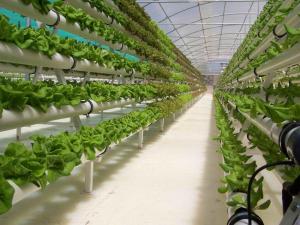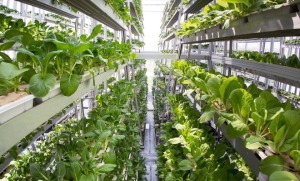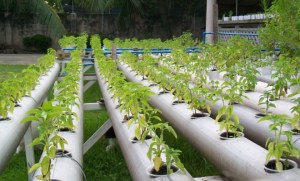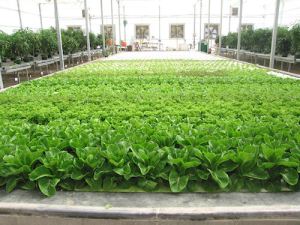Hydroponic gardening is a procedure where plants, whether it be fruit or flowers and vegetables are cultivated in nutrient vitamin alternatives. This signifies that they aren’t grown in the soil, in the ground and don’t depend on sunlight to grow. Rather they grew in tents in the house or even inside the conservatory.
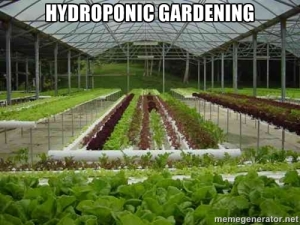 Hydroponic growing is now being widely used worldwide to grow crops. This type of gardening is much cleaner and does not depend on the climate to determine the potency of the produce. For instance when a famine has occurred a cultivator would have only has a weak if yet no yield at all but this procedure of gardening does not depend on water for vegetation since the water employed is recycled, therefore lowering water expenses.
Hydroponic growing is now being widely used worldwide to grow crops. This type of gardening is much cleaner and does not depend on the climate to determine the potency of the produce. For instance when a famine has occurred a cultivator would have only has a weak if yet no yield at all but this procedure of gardening does not depend on water for vegetation since the water employed is recycled, therefore lowering water expenses.
When plants are grown hydroponically there’s a smaller risk of pest attack because there’s no ground pests or insects to dwell a reason that makes hydroponics farming a thoroughly sensible and helpful form of cultivating food.
With hydroponic more vegetation can be produced in a smaller area and doesn’t require the use of a big garden to produce crops. Hydroponic tents can be installed nearly anywhere and are available in various sizes and heights to suit your requirements.
Hydroponic can be employed in built up areas where gardening or farming isn’t feasible and is perfect for over inhabited nations where landscape is restricted.
Though hydroponic farming has great benefits it also needs a lot of care. It also needs special devices such as grow lights.
There’re 4 most commonly employed procedures of hydroponic farming and these include:
 • Nutrient Film Technique (NFT) – in this procedure the roots remain damp persistently. The plants grow in conduits where a mineral solution is passed through in regular intervals. However this system will require regular flushing.
• Nutrient Film Technique (NFT) – in this procedure the roots remain damp persistently. The plants grow in conduits where a mineral solution is passed through in regular intervals. However this system will require regular flushing.
• Drip method – this procedure function with a timer that drops nutrient solution to the vegetations at a regular interval. As it’s dripping it supplies fresh nutrients, oxygen and water unlike the Nutrient Film Technique which recycles the same mineral.
• Ebb & flow – this procedure wash out the plant containers and then permits them to drain which enables oxygen to be nourished to the base of the root. This procedure is also popularly known as flood and drain.
• Passive system – this is a low maintenance form of hydroponic farming that doesn’t employ timers or pumps. This is a steady form of hydroponic but fits a busy lifestyle.
